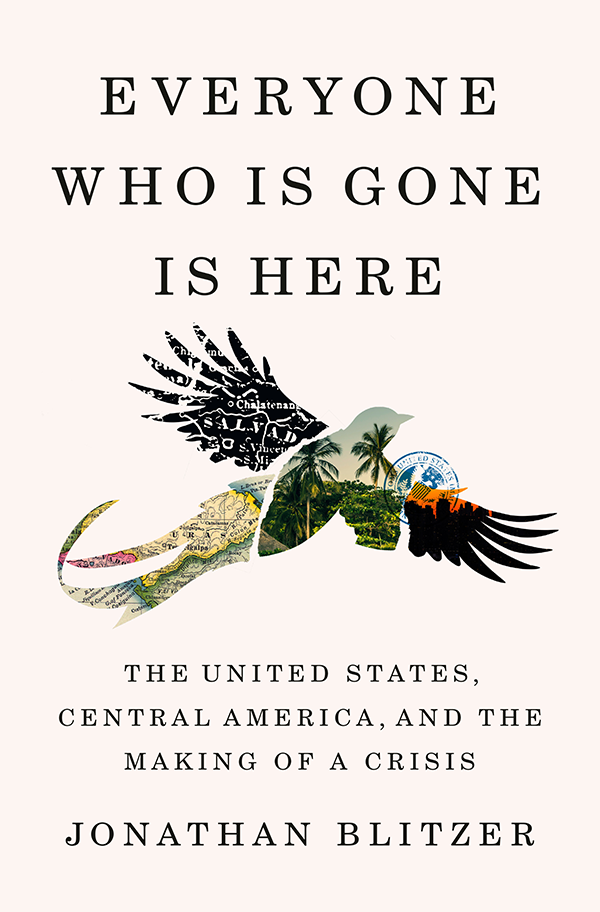2025 Hillman Prize for Book Journalism

Jonathan Blitzer

Everyone who makes the migrant journey faces an impossible choice. Some are fleeing persecution, others crime or hunger. Very often it will not be their first attempt to cross. They may have already been deported from the United States, but it remains their only hope for safety and prosperity. They cannot stay home. They will take their chances.
With forensic, unprecedented reporting, Jonathan Blitzer seamlessly weaves the stories of individual Central Americans, whose lives have been devastated by chronic political conflict and violence, with those of American activists, government officials, and the politicians responsible for our country’s tragically tangled immigration policy over decades. Blitzer paints a full, layered picture.
The book is populated with indelible characters including Juan Romagoza, a Salvadoran surgeon who fled the country after being tortured by the US-backed regime, and who would go on to win a multimillion-dollar lawsuit against the Salvadoran generals who oversaw his torture. Another remarkable figure is Eddie Anzora, a Salvadoran Green Card holder, deported for a minor drug conviction after living in the U.S. his whole life. Anzora found success in El Salvador but fewer than five of the thirty people on his deportation flight survived the violence they encountered on arrival.
The migration wave that so many U.S. politicians frame as a crisis is a product of U.S. policy. Blitzer describes the Cold War counterinsurgencies in Central America that displaced millions, and the decades of misguided American actions in Central America, where the U.S. was arming and supporting regimes in the name of “fighting communism,” after the Cuban Revolution in 1959. “The fear of the spread of leftism morphed into a fear of the spread of people. A straight line extends between the two, pulled taut during the intervening years of forced emigration, mass deportation, and political expediency,” Blitzer explains.
Recent waves of migrants and asylum seekers have been fleeing conditions that were created, in part, by those interventions. His explanation of the growth of gangs, and their presence on both sides of the border, is eye-opening.
Immigration policy has shaped our nation’s turbulent politics and culture in countless ways—and just may decide our future.
Everyone Who Is Gone is Here is an urgent, intimate, extraordinary book. Blitzer has succeeded in giving the reader a handful of unforgettable characters and a riveting story, while simultaneously giving us a history lesson on the origin story of our border crisis. It is a masterpiece that everyone should read.
Jonathan Blitzer is a staff writer at The New Yorker. He has won a National Award for Education Reporting as well as an Edward R. Murrow Award, and was a 2021 Emerson Fellow at New America. He lives with his family in New York City.

